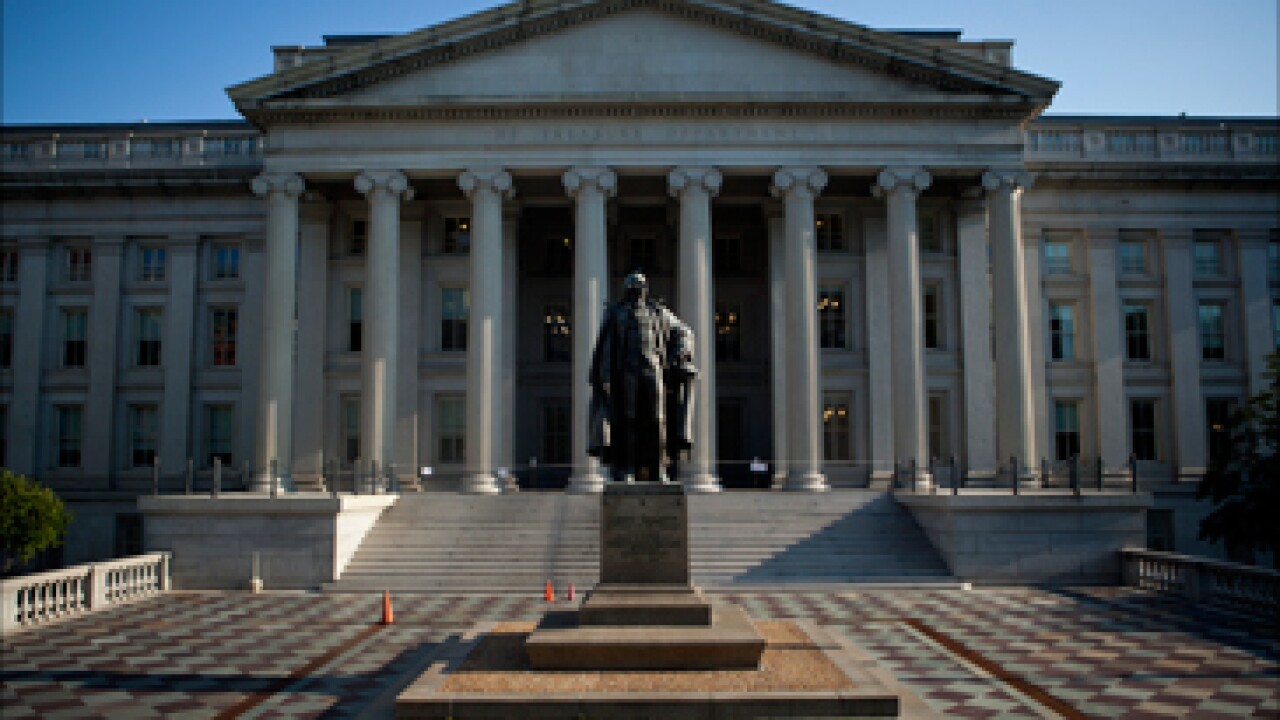The risks posed by artificial intelligence are high, said Andrew Yang, Democratic Party candidate for president in 2020 and technology entrepreneur, in remarks to bankers and financial technology companies attending American Banker's Digital Banking conference this week. But he also looked to distance himself from the most extreme ideas about what the technology could do.
Yang, one of the signatories to
"I'm not someone who thinks artificial general intelligence is right around the corner and it's going to come up and displace the species," he said. "But I think that the tools can be used by bad actors in really destructive and corrosive ways. And by the way, you're already seeing the beginnings of that."
Many experts believe each of the problems Yang named were true before this year, when OpenAI's generative AI models incited a wave of popular interest in the technology. Some also agree that AI will
For example, the number of reports of identity theft was lower in 2022 compared to 2020, according to data from the Federal Trade Commission, but up since 2019. Over the longer term, the trends are more grim. In 2022, the FTC received 5.2 million reports of fraud, identity theft and related crimes. In 2001, that figure was 330,000. While rare today, some victims of identity theft have reported that generative AI has
Yang said AI will "accelerate the erosion of trust in various institutions." But, he did acknowledge some of the upsides of the technology, as well.
"You could cure cancer, cure Alzheimer's disease, ease climate change, come up with new materials," Yang said.
As for how he would like to see AI regulated, Yang said that he would like to see an AI-dedicated agency at the federal level but that he would not hold his breath waiting for one.
A combination of user-facing apps helped drive scores from 27 to 73. Ingram is one of American Banker's Innovators of the Year.
On the use of AI for customer service chatbots — something the Consumer Financial Protection Bureau
"No one wants to be locked in cyber hell with InCompoBot 3000," Yang said. "The good tools can be very powerful, but the bad tools can alienate customers really quickly."
On the topic of electoral politics, Yang did not say whether he would run for president and made an admission about his first run in 2020.
"The path does not necessarily include Andrew Yang running for president," Yang said in response to a question about running again. "I will let you in on a little secret. I actually did not think I was going to be president."
He added that Forward Party, a political party he founded after his unsuccessful presidential bid in 2020, will not put up a candidate for president in 2024 because "we don't want to do anything that's going to enable Trump to win."







